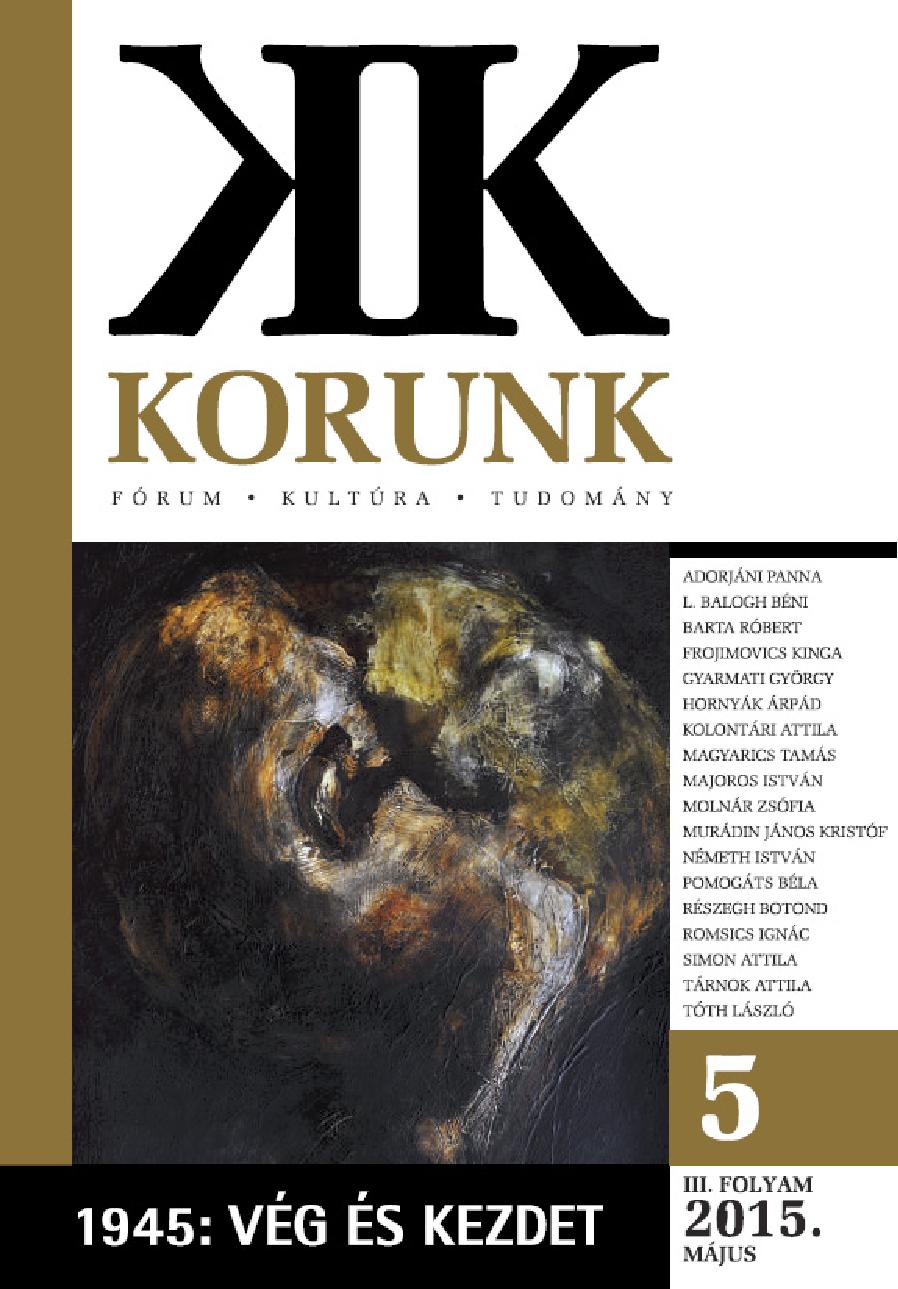Jugoszlávia a nulladik évben
Yugoslavia – in the “Year Zero”
Author(s): Árpád HornyákSubject(s): History, Modern Age
Published by: Korunk Baráti Társaság
Keywords: Yugoslavia; new regime; Tito; leading position in the Balkans
Summary/Abstract: In the modern history of the South Slavic people the dates 1918, 1941 and 1945 were crucial. 1918 meant the unification of the South Slavic people in one state for the first time in the history. In 1941 this state was disrupted, while the year 1945 offered a new beginning for them. This article deals with this last date as ground zero for new Yugoslavia by giving a sketchy overview of the new directions, possibilities and limitations of the efforts of the new regime. The new post-war Yugoslavia and its communist leadership broke up with the social and political legacy of the pre-war Yugoslavia. The only aspect of the policy of the old Yugoslavia that the new regime undertook was the foreign policy. Therefore, while Tito’s Communist Party gained the full ideological and political power in the federative Yugoslavia and established the state socialist regime by the end of 1945, the communist leadership continued the pre-war endeavours of the Kingdom of Yugoslavia and aimed at gaining the leading position in the Balkans.
Journal: Korunk
- Issue Year: 2015
- Issue No: 05
- Page Range: 89-95
- Page Count: 7
- Language: Hungarian

